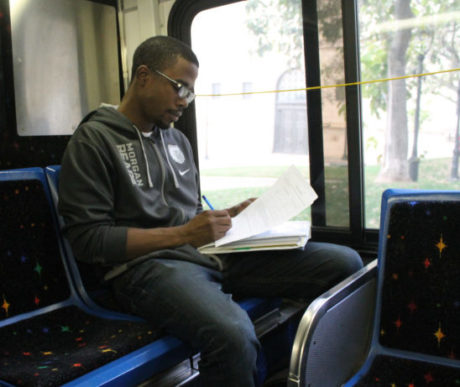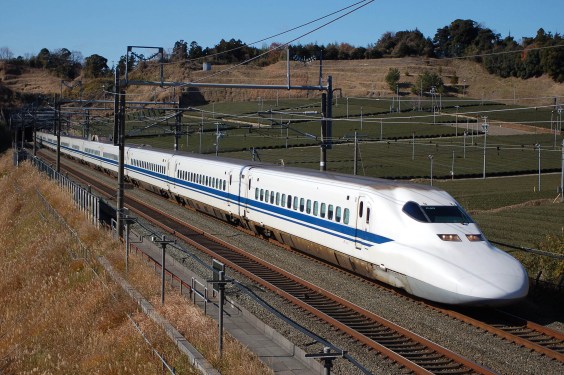When Maryland Governor Larry Hogan unilaterally killed plans for Baltimore's 14-mile Red Line light rail, shifting the funds to road projects in whiter parts of the state, local advocates filed a civil rights complaint. Hogan, meanwhile, said he would make it up to the city with a set of bus improvements called BaltimoreLink.
After getting a good long look at the details of BaltimoreLink, advocates are not impressed. Stephen Lee Davis at Transportation for America reports on a recent analysis that concluded Hogan's initiative won't do much to improve local transit service:
Back in the fall, T4America helped the Central Maryland Transportation Alliance (Transportation Alliance), a coalition that supports improving and expanding transportation options in the Baltimore region, perform a quantitative analysis on the plan to see if the numbers would bear out on the benefits the state was claiming. Would the plan improve access to jobs, schools, and healthy food?
After all, in principle, a major reworking of the bus system map to improve service was a goal long-sought by the advocates in Baltimore. Once the MTA launched the BaltimoreLink effort it became the goal of advocates to challenge the MTA to produce measurable improvements on key indicators.
On behalf of the Transportation Alliance, we performed an analysis of the change in accessibility under the new plan. Using Citilabs’ Sugar Access tool, we measured the change in access at the individual block level, looking at access to all jobs, as well as access to high-opportunity jobs and access from low-opportunity neighborhoods. We also looked at access to public middle and high schools and grocery stores.
So would it be truly transformative? Would it increase the number of jobs that are accessible to everyday Baltimore residents? Would it provide increased connections to opportunity for a wider range of people?
The short answer is no.
The long answer is that the plan “represents a missed opportunity to address regional goals in connecting households to jobs, schools, and essential services through transit,” according to the Transportation Alliance’s terrific summary of the findings. The bottom line is that BaltimoreLink does not deliver the promised transformational improvements and in contrast to MTA’s claims, we found a sharp decrease in accessibility on weekends (Sunday morning peak) and a marginal increase on weekdays. Read more about the detailed findings in the Transportation Alliance’s executive summary. (pdf)
Making matters worse, the whole BaltimoreLink initiative will be under the control of the state, giving city agencies little opportunity to influence it, Davis reports.
What we're also reading: Human Transit forcefully refutes the notion that Uber will make transit obsolete. And Reconnect Rochester explores how long transit commutes to the suburbs burden low-income city residents.






